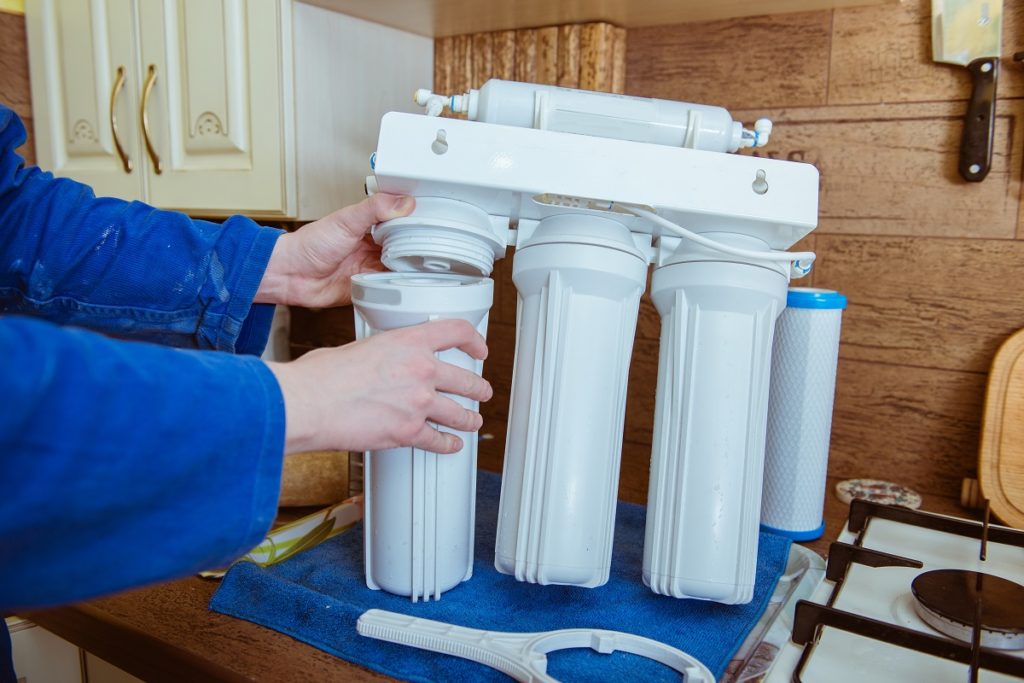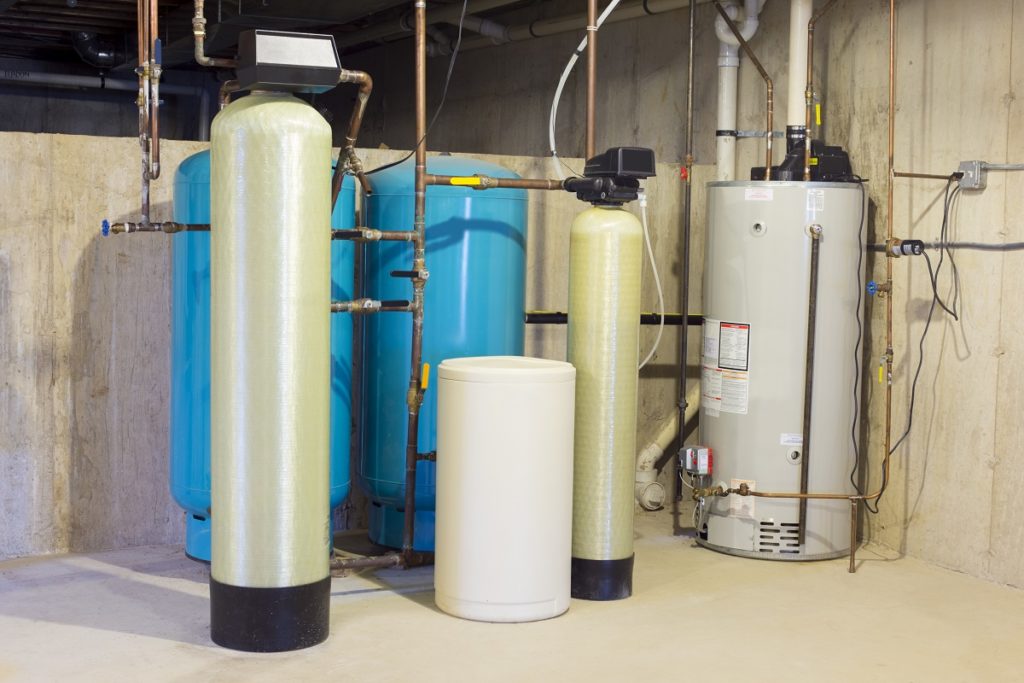The quality of water is a key component in every business. Whether you want your water drinkable to provide to people or you want your water for your irrigation system, blocking and removing harmful compounds and particles are absolutely critical.
Commercial water treatment systems are very different from residential treatment systems. For commercial settings, you may have very large quantities of water that need to be treated, or there are more elements, such as dissolved minerals, sediments and chemicals, to be removed from the water. Raw and untreated water can also lead to serious equipment damage. It can even change the flavour of your served beverages. Depending on what needs to be removed from the water, these are the different types of commercial filtration services for your business:
Carbon filters
These filtration systems are the most common. They are inexpensive and reliable. They are generally responsible for removing the most common contaminants including large sediments and silt. Carbon water filters are made of porous material, and they can easily absorb impurities and waste products as water passes through the system.
Some carbon filters are enhanced by bonding activated silver nanoparticles, which provide antibacterial protection. This means that they have a higher removal rate of contaminants. The importance of the carbon filtration system is based on the amount of carbon that is present in the cartridge or cylinder.
Reverse osmosis (RO) systems
These filters are incredibly popular mainly because they have the ability to remove all kinds of impurities by utilising pressure to force water through an extremely fine semipermeable membrane. These systems are often used with carbon filters because they remove more finite contaminants that carbon filters might miss. Fluoride, sulfates, chlorine byproducts, chloride, bacteria, and pesticides are generally removed. These filters also allow for the elimination of dissolved solids, taste, and odour.
The RO system was originally developed in the 1950s as a way to separate seawater from salt. Today, it is the leading system for desalination (removal of salt) installations. It also accounts for 80% of the systems used in desalination plants worldwide.
Alkaline/water ionisers
Water ionisers use a process known as electrolysis, which separates the incoming water stream to two simultaneous streams of acidic and alkaline components. The alkaline water is for drinking, while the other stream is for external use, such as washing the dishes and cleaning minor cuts and abrasions.
It is important to understand that water ionisers are not a filtration system for untreated water. Instead, it uses regular drinking water as the original source. The process simply separates molecules in the water to “more alkaline” and “more acidic.” The alkaline water is said to have a higher pH level than that of the regular drinking water. A number of studies have suggested that alkaline water is helpful for certain health conditions.
Ultraviolet (UV) filters

Ultraviolet units are possibly one of the newest technologies in the water filtration market. These systems use high-frequency light to irradiate water. They are effective for killing 99.99% of illness-causing microorganisms. The UV rays attack the genetic core (DNA) of these microorganisms, eliminating their ability to reproduce. Generally, UV filters use about the same energy as a 60-watt light bulb and do not add any chemicals to the water.
UV filters are, however, limited in capacity when it comes to removing solid contaminants, such as volatile organic compounds (VOCs) and chlorine. For this reason, they are recommended for use in conjunction with other forms of filtration such as carbon block filters or reverse osmosis systems.
Failing to take water composition into consideration can be detrimental to your business. By choosing the right filter, you can make sure that you’ll get the highest satisfaction for your water needs.

